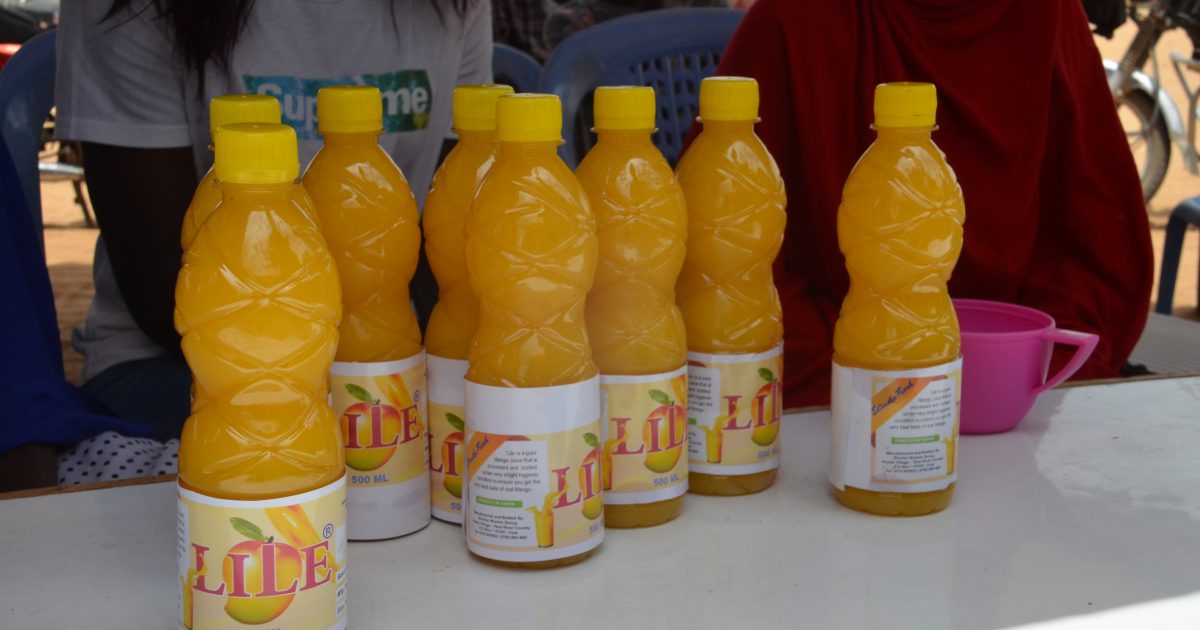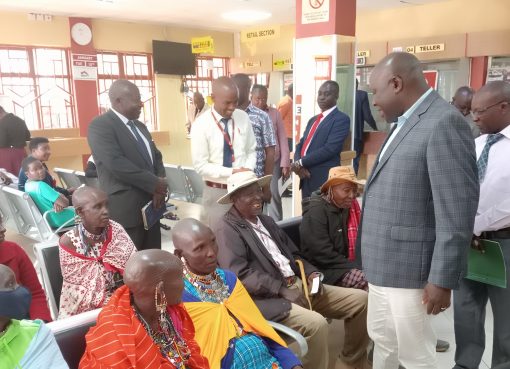A women’s group has ventured into the production of mango juice to increase their revenue and curb post-harvest losses of mangoes in Masabubu location, Tana River County.
The group was launched in 1993 with the sole purpose of farming along the banks of the river Tana but the El Niño flood phenomenon of 1997-1998 wrought havoc in the area disrupting their plans.
Many families were relocated to higher lands after the floods, and the group, known as Elimika Women Group diversified to Mango farming after training by experts from Jomo Kenyatta University of Agriculture and Technology (JKUAT).
“Experts from JKUAT came to teach us how to make juice while UN women gave us a pulping machine in 2018,’’ said Salima Makurano, Secretary General of the group adding that through value addition they have witnessed a six-fold rise in their profits.
The group which operates from a small mud house produces juice named Lile, a Pokomo word that means sweet are appealing to the Tana River County Government to sponsor them to construct a modern structure and farm access roads.
“It would be good for the county government to build a house for us to work in, we have many types of equipment but we don’t have the space,” noted Makurano.
Transporting mangoes is a problem because of the bad roads, we use motorbikes to ferry our products but when it rains it is a challenge,” she added.
The group currently sells their juice in the local market in the village as they await certification from the Kenya Bureau of Standards (KEBS) through the support of The International Committee for the Development of Peoples (CISP).
Richard Mutua, CISP Project Officer in charge of Livelihoods, said they are implementing a three and a half years project called REBUILD in Tana River and Tana Delta Sub-Counties.
The project aims to increase community resilience to drought and other effects of climate change by improving the food and nutrition security of vulnerable households by promoting and supporting sustainable livelihoods and resource protection mechanisms.
Mutua noted that after certification by KEBS, Lile Juice will be sold countrywide thus reducing wastage as the County heads for a mango season in November and December.
“I have advised them to make pulp so that when the mangoes are out of the season they can dilute the pulp to ensure a continuous supply of juice. The Juice doesn’t have any artificial additives,”, he added.
CISP plans to send the group to the neighboring county of Kitui to benchmark with groups carrying out a similar project.
CISP has provided the group with a refractometer, weighing scale, and thermometer while the Micro and Small Enterprises Authority (MSEA) has trained them on value addition, group dynamics, and how they can form a cooperative.
By Sadik Hassan





